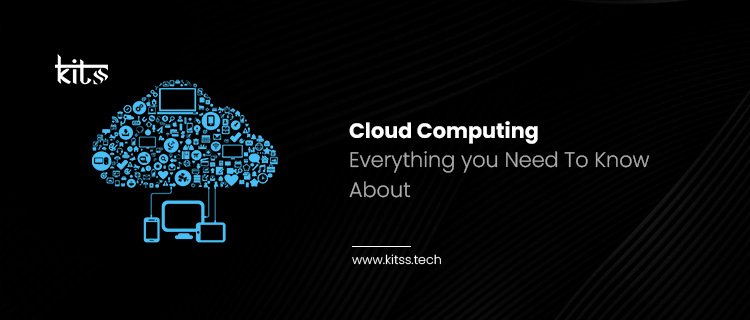Once upon a time, businesses and organizations had to invest in expensive hardware and infrastructure to store their data and run their computing operations. It was costly and time-consuming. But then, along came cloud computing. This new technology allowed users to harness computing resources over the internet, such as data storage and computing power.
Whether you are a business owner, IT professional, or simply curious about cloud computing, this blog will provide you with a comprehensive overview.
The Future Is Now
Cloud computing allows users to remotely access and use resources, such as data storage and computation power. It has been developing rapidly in recent years because it allows businesses and organizations to be more flexible and scalable and to save money on hardware and infrastructure costs.
The Pros Of Investing In Cloud Computing
One of the key benefits of cloud computing is its flexibility and scalability. However, there are several advantages of cloud computing, including the following,
Cost saving – With cloud computing, you can reduce the costs associated with buying and maintaining hardware and software.
Scalability – It’s easy to scale up or down as needed with cloud computing, so you can easily adjust your computing power and storage to match your changing needs.
Accessibility – With this, you can access your data and applications from any device with an internet connection, which makes it easy to work remotely or on the go.
Reliability – It provides offer robust, redundant systems that ensure your data is always available and secure.
Innovation – It allows you to take advantage of the latest technologies and innovations without investing in new hardware and software.
Watch Out For The Cloud Pitfalls
There can be several disadvantages of cloud computing that businesses should be aware of. Some of the main drawbacks include the following,
Dependence on internet connectivity – To use cloud-based services, users must have a reliable internet connection. Users cannot access their data or applications if the internet goes down.
Security concerns – Because data is stored remotely, there is always the risk that unauthorized parties could access it.
Loss of control – Businesses and individuals must entrust their data to a third-party provider when using cloud-based services. It can concern those worried about losing control over their data.
Vendor lock-in – Once a business or individual has migrated to a particular cloud-based service, switching to a different provider can be difficult and costly.
Cloud Computing Applications
Here are some significant applications of cloud computing that make them an ideal solution for many businesses.
Data storage and backup – It allows businesses and individuals to store and access their data anywhere. It can be a convenient and cost-effective alternative to traditional on-premises storage solutions.
File sharing and collaboration – Cloud-based file sharing and collaboration tools make it easy for teams to work together on projects, regardless of location. It can help to improve communication and productivity.
Customer relationship management – It allow businesses to manage customer interactions and data in one central location. It can help to improve customer service and drive sales.
Big data analytics – It allow businesses to quickly and easily analyze large amounts of data to gain insights and make data-driven decisions.
Conclusion
Overall, cloud computing offers several advantages and can be a valuable tool for businesses and organizations. However, it is essential to carefully consider the potential risks and drawbacks and choose a reputable and reliable cloud provider.
Get in touch with Kabir IT Services Pvt. Ltd today.


